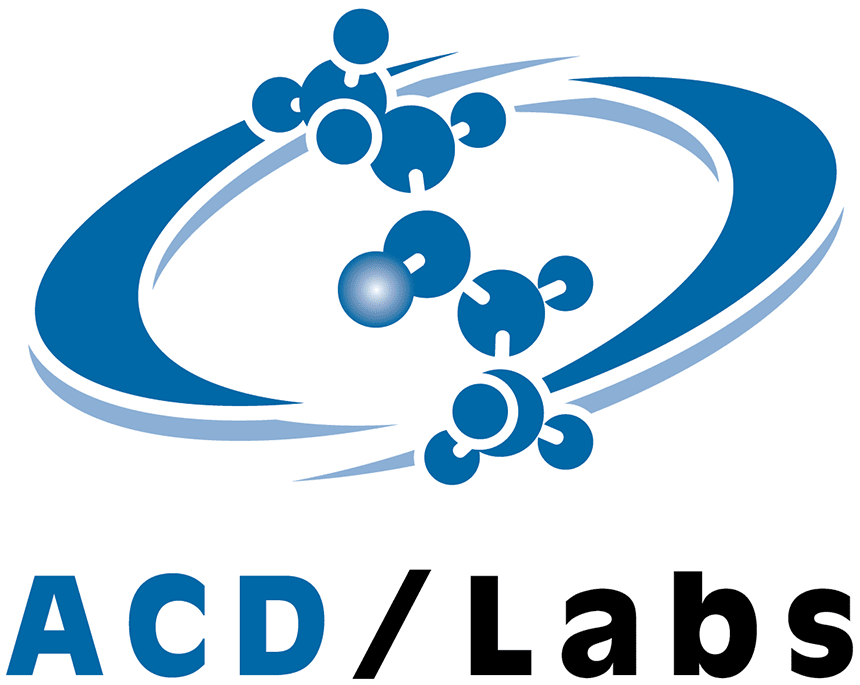CDS Empore™ SDB-XC SPE cartridges help to extract trace herbicides in water samples by eliminating methylene chloride and greatly reducing organic solvent usage in elution.
Organic contaminants are a concern in rivers, streams, and ground water across the whole world. Each year, millions of dollars have been spent to analyze these organic contaminants such as phenols, benzidines, phthalate esters, nitrosamines, organochlorine pesticides, nitroaromatics, polynuclear aromatic hydrocarbons, haloethers, chlorinated hydrocarbons, and acid-base neutrals. Normally chlorinated solvents are required to extract these contaminants from water samples. Although the methylene chloride needed per water sample is reduced from 150 mL in EPA Method 625,1 to 15 mL in EPA Method 525,2 the yearly consumption of methylene chloride for organic contaminant analysis is still as much as 5 to 10 million liters. Methylene chloride can remove ozone from the upper atmosphere and is also a suspected carcinogen. Therefore, the demand to minimize or eliminate the usages of methylene chloride in this analysis is desired.
In this application note, a 15 mL water sample is passed through a 4mm/ 1mL Empore™ SDB-XC Disk SPE cartridge (Cat. #: 4140HD), and eluted with 50 μL ethyl acetate. The extract was then analyzed by GC-MS. The accuracy and precision for the recoveries of 18 analytical standards are determined from the five-point calibration curve of each standard. The validation data presented herein was determined on three replicate measurements for each sample from the same lot of SDB-XC Disk SPE cartridge. MDLs were also determined as part of this validation.
Solid phase extraction (SPE) was done with Empore™ SDB-XC 4mm/1mL cartridges (catalog # 4140HD). Reagent-grade methanol, ethyl acetate, and deionized water were used as solvents. The internal standard, terbuthylazine, was present as a solute in methanol at 1.23 ng/μL. The stock solution of herbicide standard contained 1.23 ng/μL of each of the following compounds in HPLC-grade methanol: propachlor obtained from ChemService (West Chester, PA); deethylatrazine and deisopropylatrazine obtained from Ciba Geigy Agricultural Division (Greensboro, NC); and cyanazine amide obtained from Du Pont Experimental Division (Wilmington, DE); ametryn, atrazine, prometon, prometryn, propazine, simazine, and terbutryn obtained from Supelco (Bellefonte, PA); alachlor, cyanazine, metolachlor, and metribuzin obtained from US EPA Pesticide Chemical Repository (Research Triangle Park, NC); and acetochlor obtained from Zeneca-Monsanto (St. Louis, MO).
>> Download the full Application Note as PDF
More information





